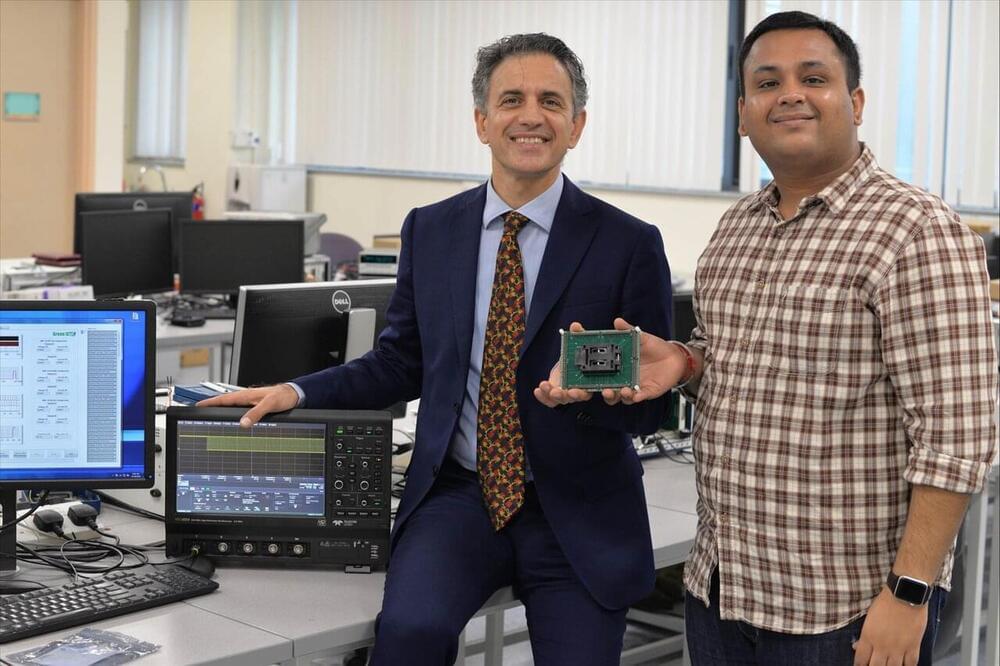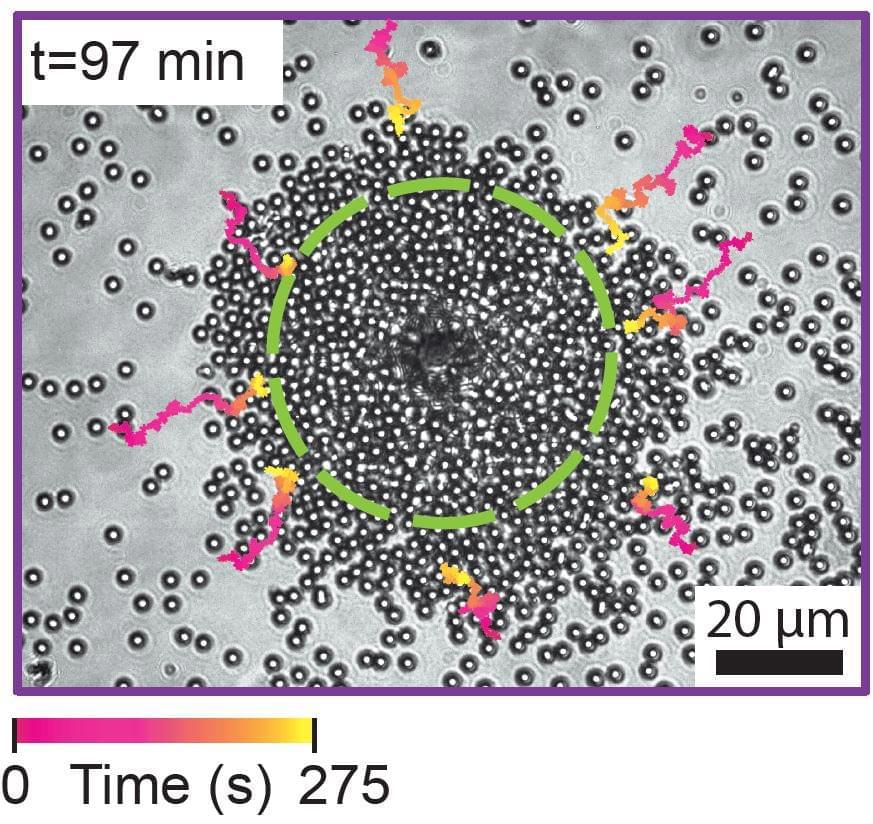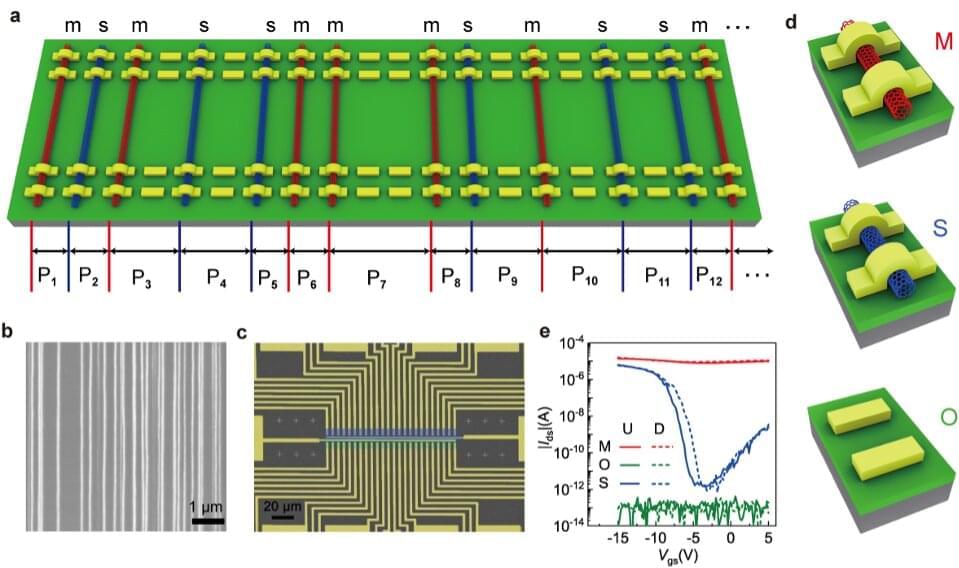I promise you: this post is going to tell a scientifically coherent story that involves all five topics listed in the title. Not one can be omitted.
My story starts with a Zoom talk that the one and only Lenny Susskind delivered for the Simons Institute for Theory of Computing back in May. There followed a panel discussion involving Lenny, Edward Witten, Geoffrey Penington, Umesh Vazirani, and your humble shtetlmaster.
Lenny’s talk led up to a gedankenexperiment involving an observer, Alice, who bravely jumps into a specially-prepared black hole, in order to see the answer to a certain computational problem in her final seconds before being ripped to shreds near the singularity. Drawing on earlier work by Bouland, Fefferman, and Vazirani, Lenny speculated that the computational problem could be exponentially hard even for a (standard) quantum computer. Despite this, Lenny repeatedly insisted—indeed, he asked me again to stress here—that he was not claiming to violate the Quantum Extended Church-Turing Thesis (QECTT), the statement th at all of nature can be efficiently simulated by a standard quantum computer. Instead, he was simply investigating how the QECTT needs to be formulated in order to be a true statement.






